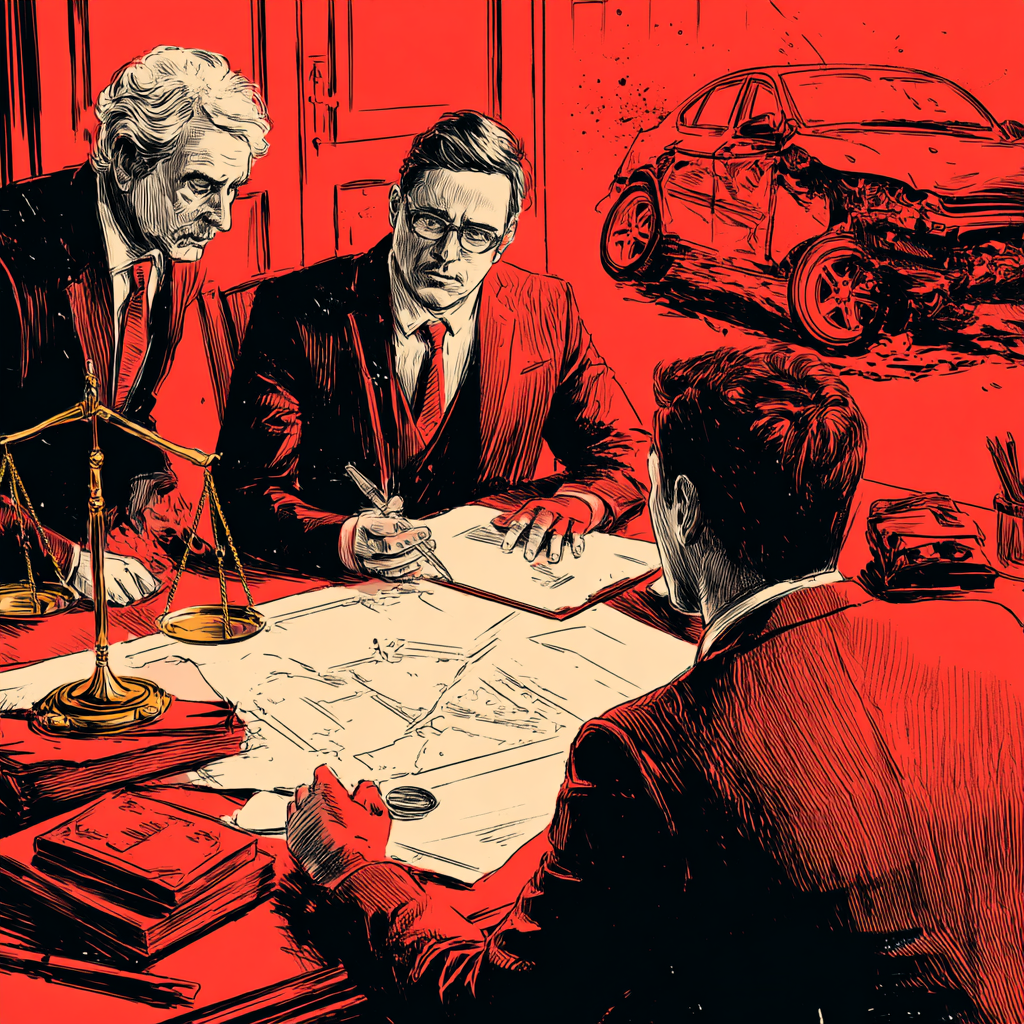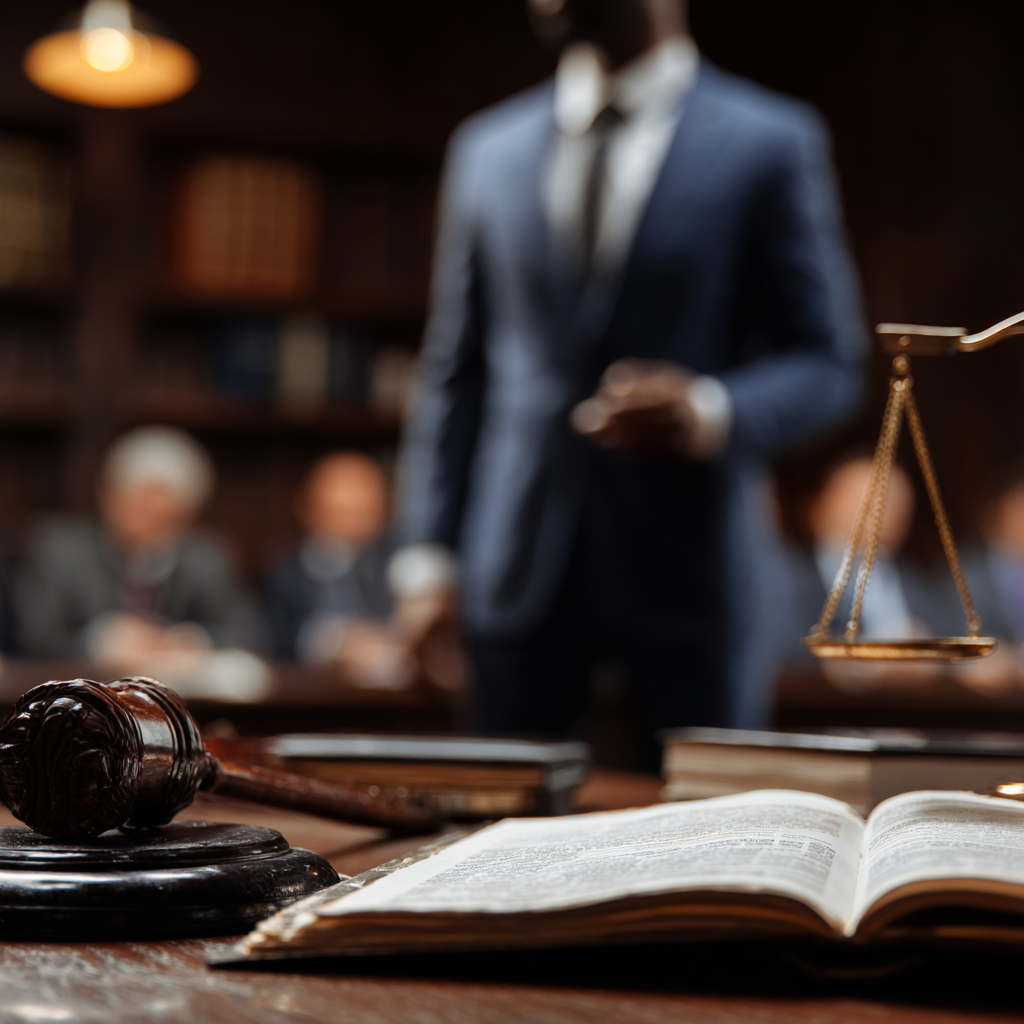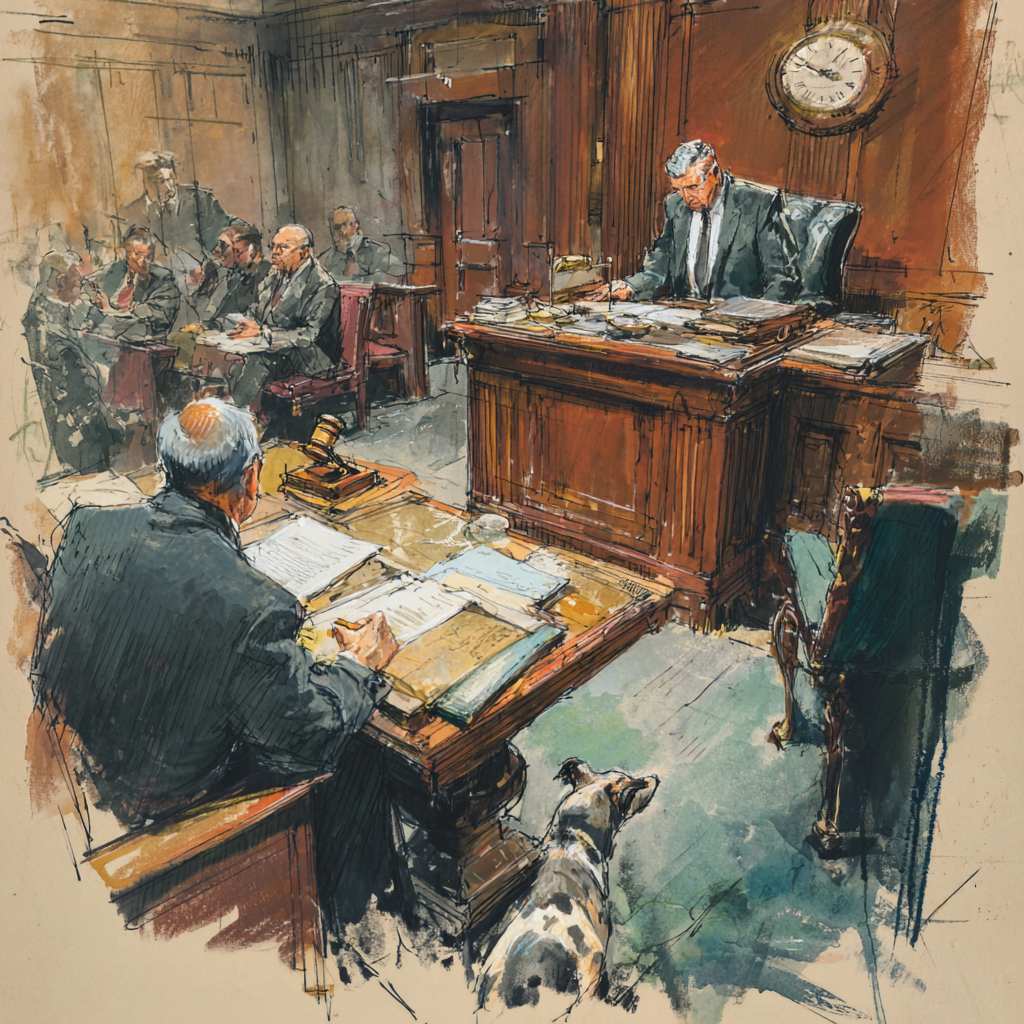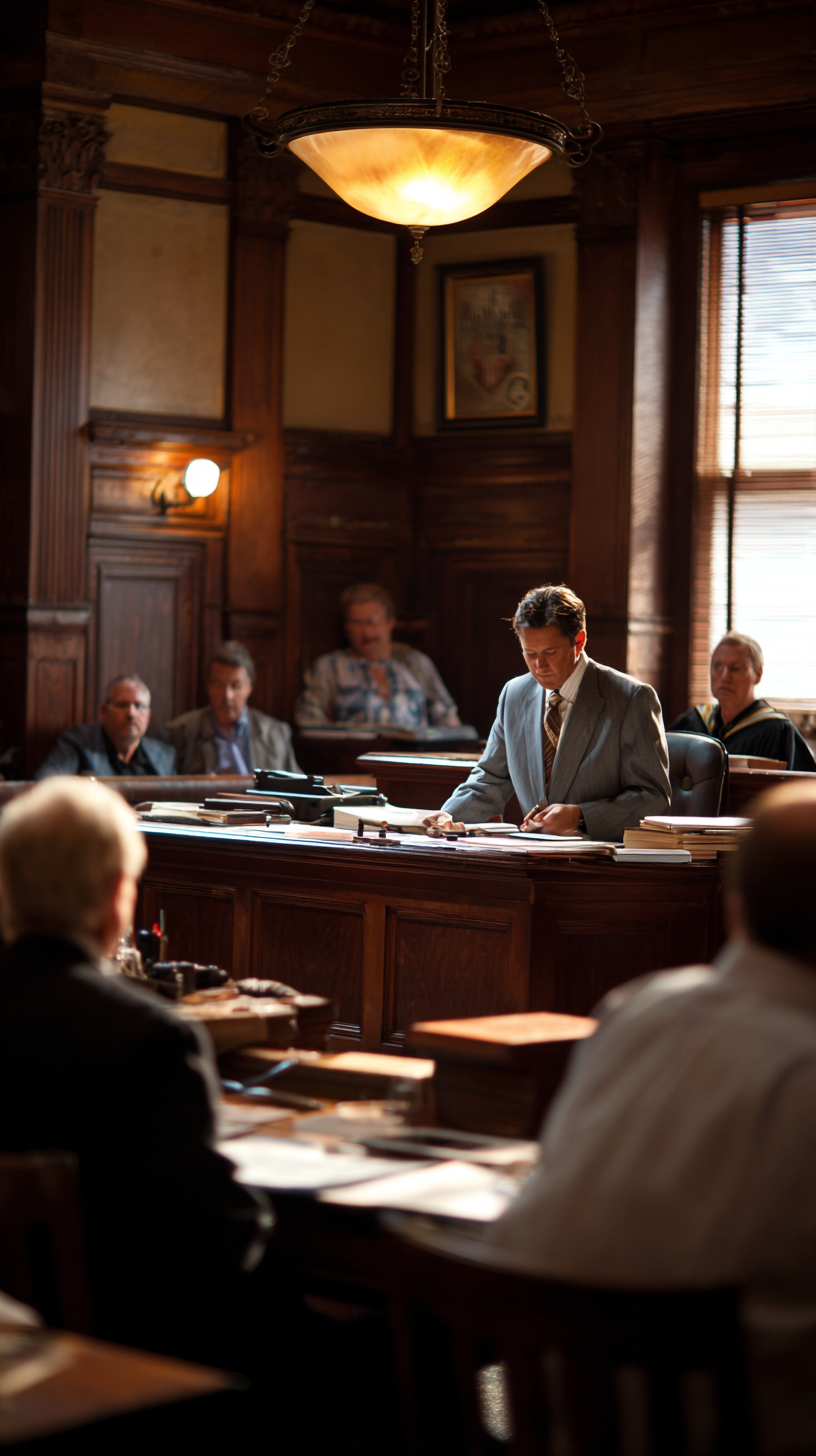People v Donato (Michael), 2012 NY Slip Op 22018 (App. Term 2d Dept. 2012)
This is why New York needs to abolish the Justice Courts in this state. Third-world justice, to this extent, has no place in the unified court system
“On cross-examination, defendant attempted to elicit testimony from the officer indicating that defendant had “pulled into a driveway in an attempt to back up” and had not actually performed a U-turn. At this juncture, the Justice Court asked defendant, “[s]o if you were to testify, you would say you went into the driveway and turned?” The following exchange ensued:
“Defendant:I pulled into the driveway in an attempt to back up. That’s when the officer pulled up next to me.
The Court:No. I find you guilty then.”
The Justice Court erred when it permitted the officer to proffer his unsworn testimony. In all criminal proceedings, “every witness over 12 years of age may testify only under oath, unless he suffers from a mental disease or defect which renders him unable to understand the nature of an oath” (People v Copeland, 70 AD2d 884, 884 [1979]; see CPL 60.20 [2]). This “requirement serves two purposes – to alert the witness to the moral duty to testify truthfully and to deter false testimony through the sanction of a perjury prosecution” (People v Copeland, 70 AD2d at 884; see People v Parks, 41 NY2d 36, 45 [1976]). As a result, the Justice Court committed reversible error when it failed to swear in the officer prior to accepting his testimony (People v Copeland, 70 AD2d 884).
Similarly, the Justice Court committed reversible error when it impermissibly prevented defendant from testifying in his own defense. “[I]t is beyond cavil that a criminal defendant has a constitutional right to testify in his [or her] own behalf at trial'” (People v Cosby, 82 AD3d 63, 66 [2011], quoting U.S. v Teague, 953 F2d 1525, 1530 [1992]). “[T]he centuries-old right granted an accused to be present and to be heard in person at a . . . criminal trial may not be denied without violating the accused’s Fifth and Sixth Amendment rights” (U.S. v Bifield, 702 F2d 342, 349 [2d Cir 1983]). In this case, the Justice Court stifled any meaningful opportunity for defendant to testify on his own behalf and offer a full account of the events surrounding the alleged incident. Nor did the Justice Court inquire whether defendant wished to proffer any photographs, maps or relevant legal authority in his own defense.









